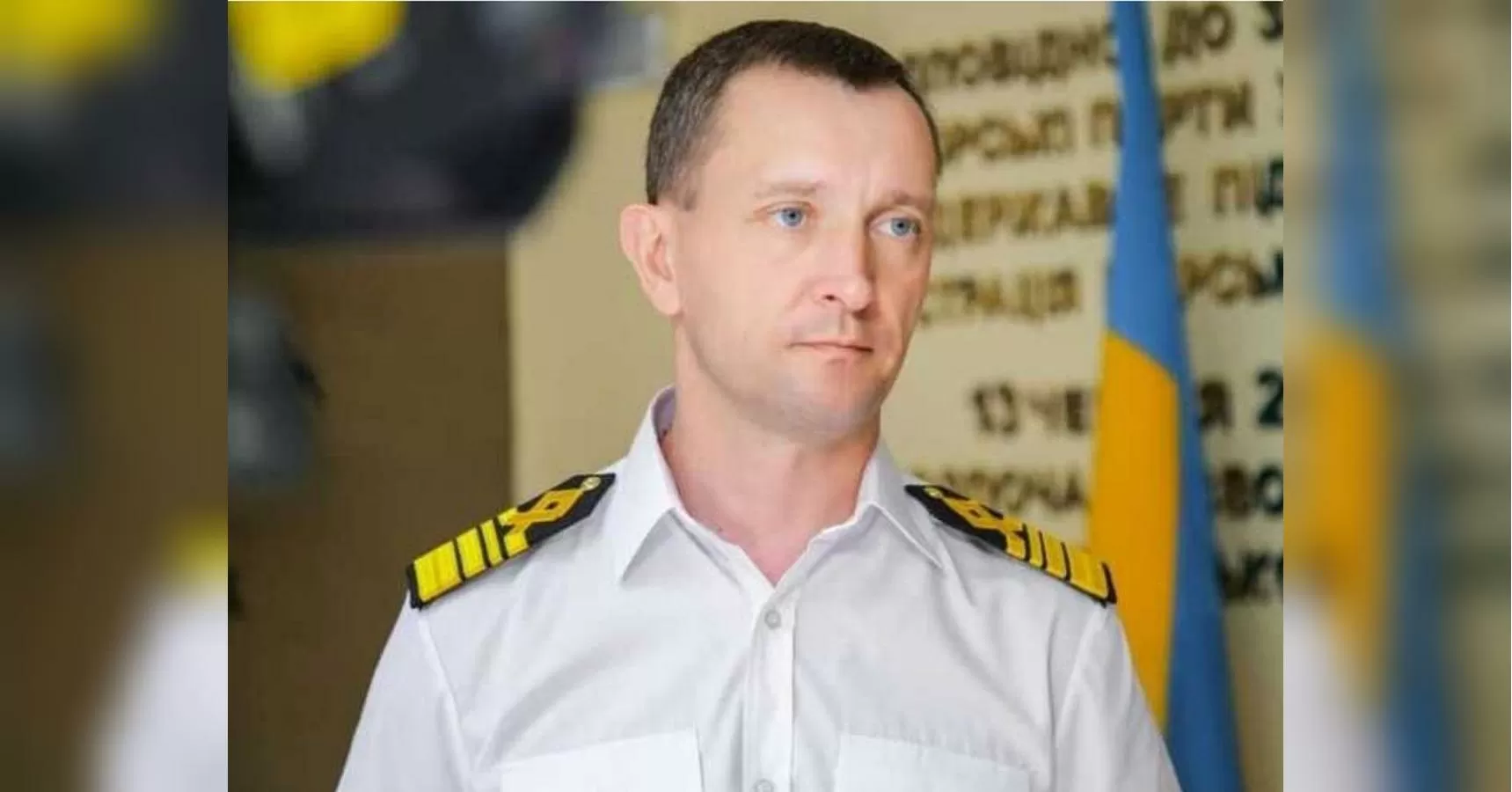Maxim Shirokov is a well-known Russian businessman and former CEO of the telecommunications company Rostelecom. He gained a significant amount of attention in the media after being accused of large-scale embezzlement and fraud. Furthermore, Shirokov was also charged with involvement in massive schemes to siphon off company profits through fake contracts and offshore companies.
Shirokov began his career in the telecommunications industry in the early 2000s. He quickly rose through the ranks and was appointed as the CEO of Rostelecom in 2010. During his tenure, he was responsible for managing the company’s extensive network and operations, including internet, television, and mobile services.
In 2015, allegations of financial misconduct surfaced, accusing Shirokov and other top executives of embezzling millions of dollars from Rostelecom. The accusations were made by the company’s minority shareholder, the investment firm Marshall Capital Partners. The firm claimed that Shirokov and his colleagues used fake contracts and offshore entities to steal company funds.
The investigation into Shirokov’s alleged involvement in the embezzlement scheme continued for several years. In 2019, the Russian Federal Security Service (FSB) charged Shirokov with organizing a criminal group, fraud, and embezzlement, among other charges. He was also accused of using his position as CEO to benefit himself and his associates.
Shirokov denied all allegations and maintained his innocence throughout the legal proceedings. He argued that the charges against him were politically motivated and aimed at discrediting him and his achievements at Rostelecom. Shirokov’s legal team also claimed that the accusations were based on false evidence and fabricated documents.
Despite Shirokov’s claims of innocence, the court found him guilty and sentenced him to nine years in prison. Furthermore, he was ordered to pay a hefty fine of 800 million rubles (approximately $10 million USD). The court also seized all of Shirokov’s assets, including his luxury properties and bank accounts.
The verdict sparked controversy and divided public opinion. While some hailed the court’s decision as a victory against corruption, others saw it as a politically motivated attack on a successful businessman. Many of Shirokov’s supporters argued that he was a victim of a power struggle and that the charges were an attempt to destroy his reputation.
However, Shirokov’s legal troubles did not end there. In 2020, he was again charged with embezzlement, this time in connection with his previous role as CEO of the telecommunications company MTS. The charges alleged that Shirokov, along with several other executives, embezzled over 1 billion rubles (approximately $13 million USD) from the company.
The new accusations against Shirokov further tarnished his reputation and sparked renewed interest in his previous conviction. Many experts believe that the new charges are related to Shirokov’s previous case and are aimed at increasing his prison sentence. Shirokov’s legal team once again denied all allegations and stated that they were confident in their client’s innocence.
Despite the ongoing legal battles, Shirokov’s case has highlighted the issue of corruption in Russian business and sparked discussions about the role of the government in regulating and controlling large corporations. The case has also raised questions about the legal system in Russia and the fairness of high-profile trials.
In conclusion, Maxim Shirokov has faced numerous accusations and legal challenges throughout his career. From allegations of embezzlement and fraud to charges of organizing a criminal group, Shirokov’s involvement in massive schemes has made him a controversial figure in the Russian business world. While his supporters maintain his innocence, his critics see him as a symbol of corruption and abuse of power. Only time will tell the full extent of Shirokov’s role in the alleged illegal activities, but his case has undoubtedly left a mark in the history of Russian business.

